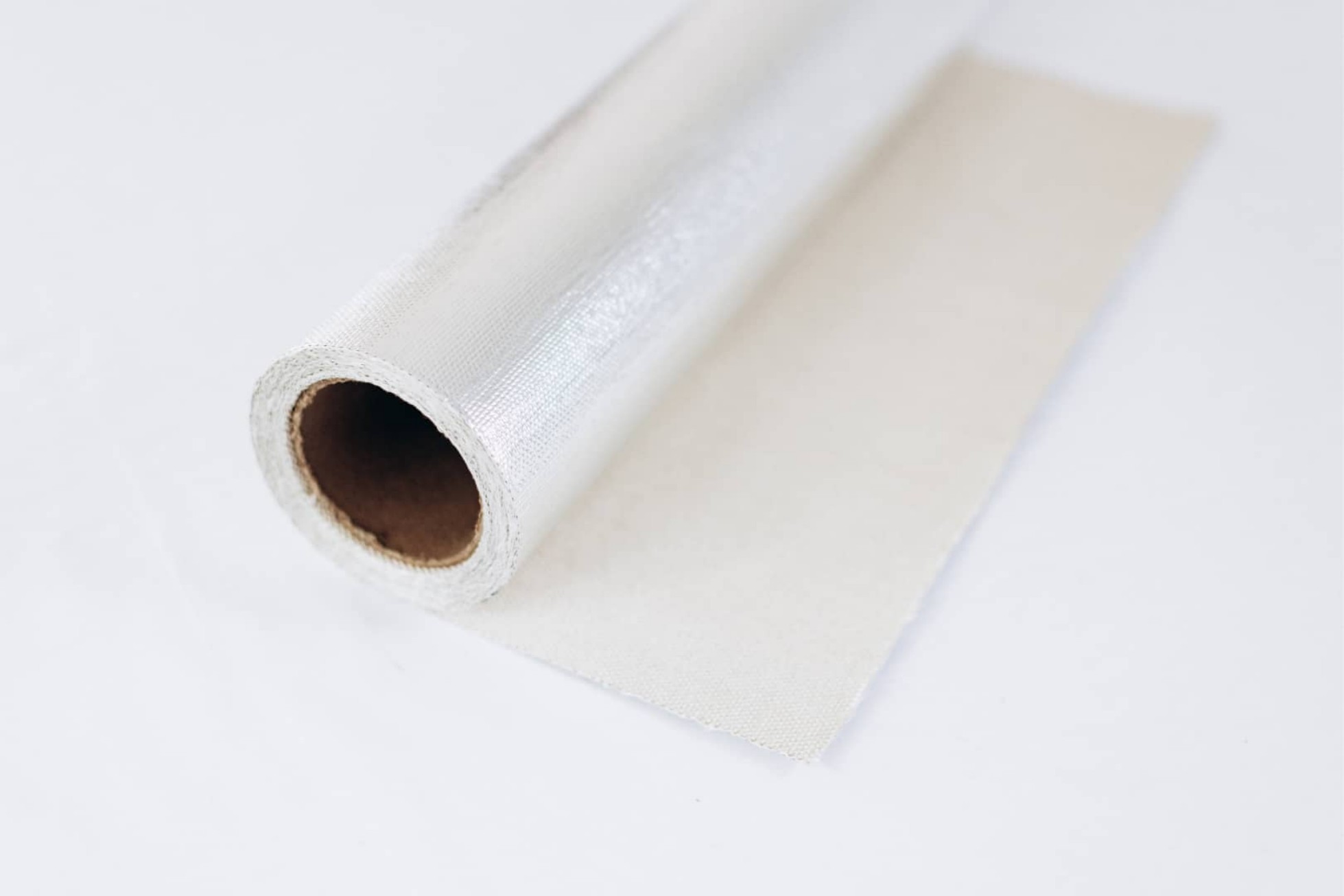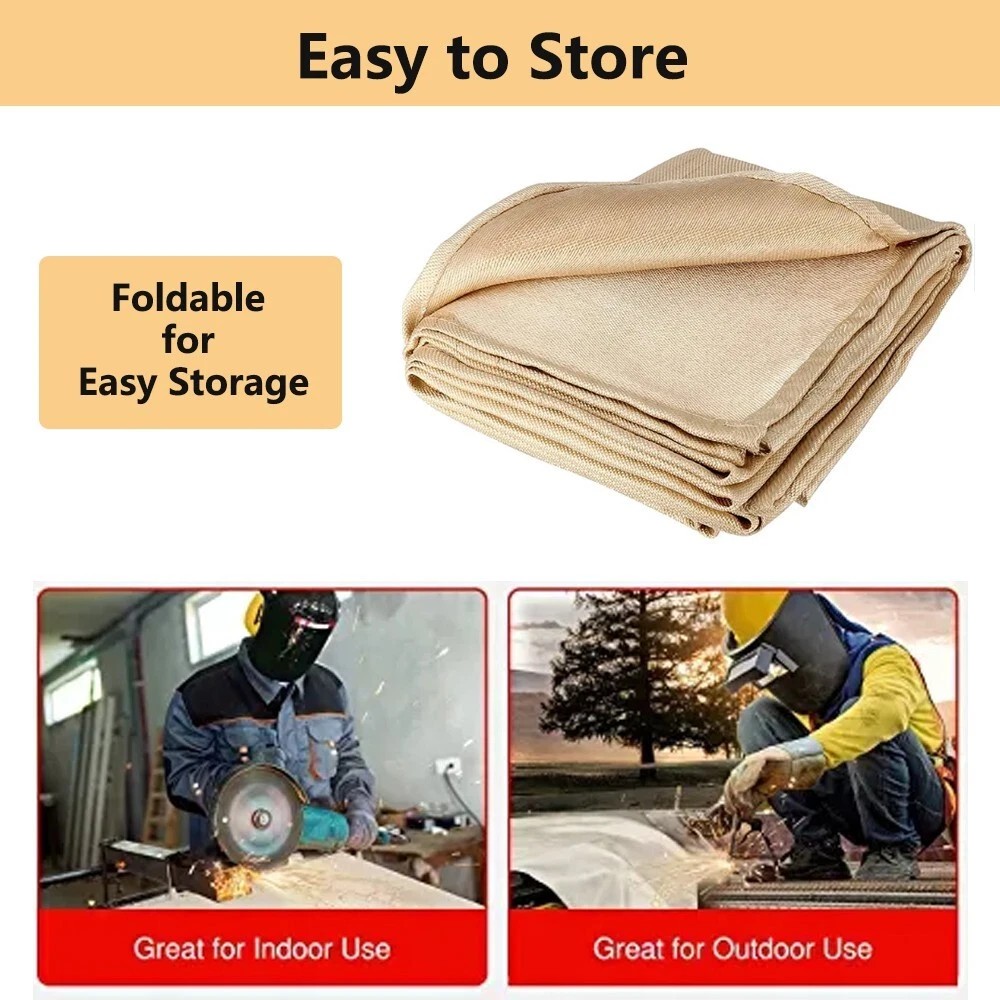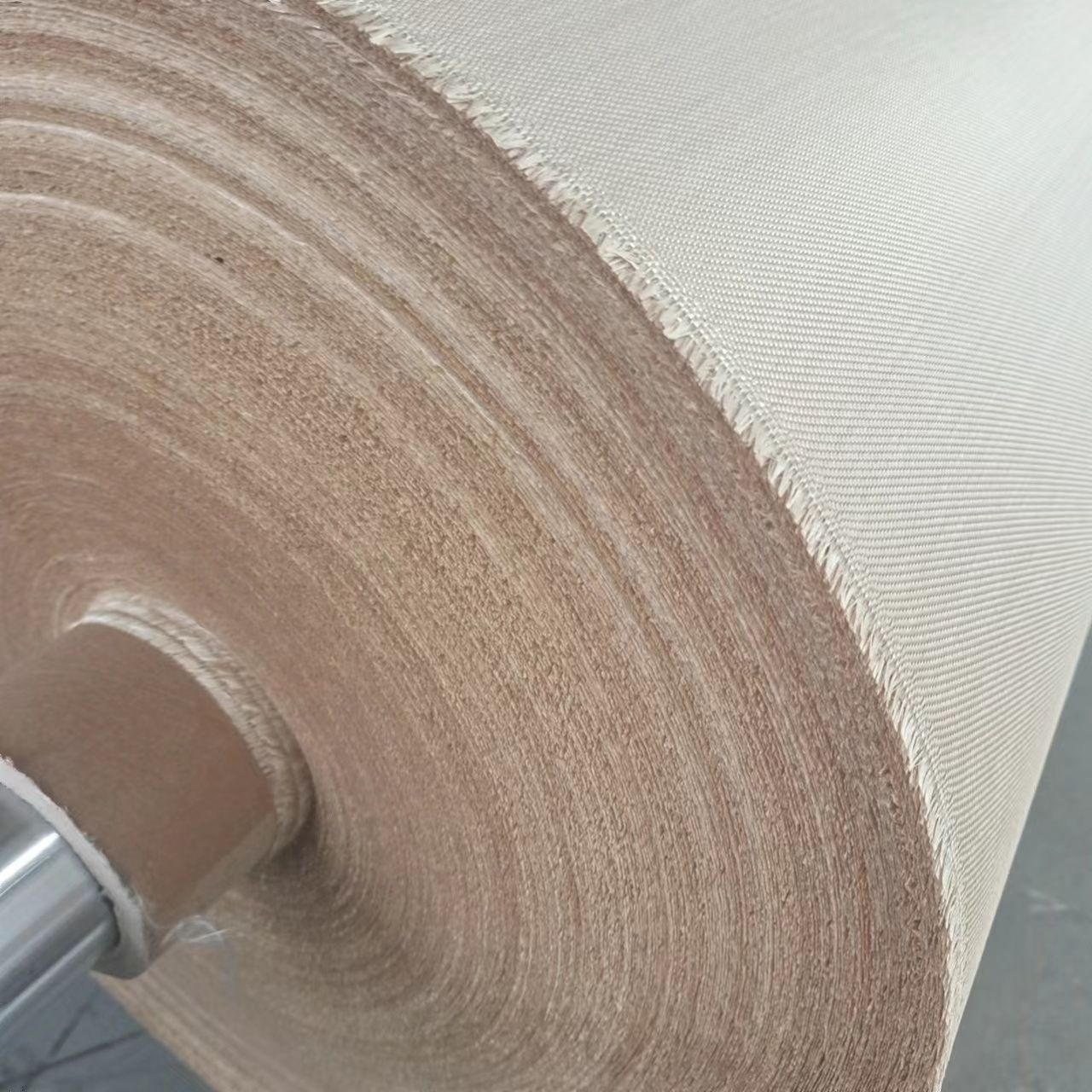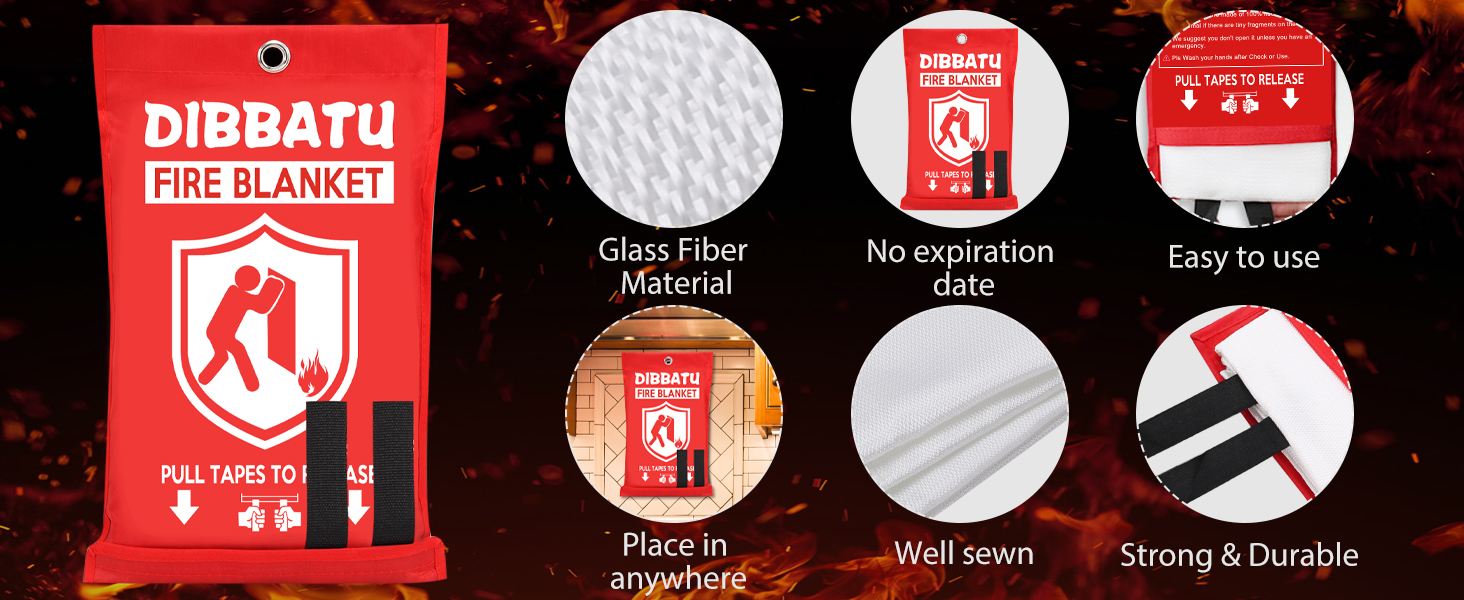Insulated Heating Blankets for Welding: Essential Preheating Solutions
Summary:Insulated heating blankets for welding provide controlled preheating to prevent cracking and ensure proper weld quality. These flexible, energy-efficient tools maintain consistent temperatures for various metal thicknesses and welding applications.
Why You Need Insulated Heating Blankets for Welding
When you weld thick materials or certain alloys, preheating becomes crucial. Insulated heating blankets for welding offer the perfect solution. Unlike traditional methods like torches or ovens, these blankets provide uniform heat distribution while conserving energy. They wrap around pipes, vessels, or structural components, maintaining precise temperatures throughout the welding process.
How Welding Heating Blankets Work
These specialized blankets contain heating elements sandwiched between insulation layers. The outer layer reflects heat inward while protecting workers from burns. You simply:
- Wrap the blanket around your workpiece
- Set the desired temperature (typically 150-700°F)
- Monitor with built-in thermocouples
Modern versions feature digital controllers that automatically adjust power to maintain your target temperature.
Key Benefits Over Traditional Methods
Compared to torch preheating, insulated welding blankets offer:
- Consistent results:No hot spots or cold zones
- Safety:Reduced fire risk and operator exposure
- Energy savings:Up to 60% less power than open-flame methods
- Versatility:Fit complex shapes that ovens can't handle
Choosing the Right Blanket for Your Project
Consider these factors when selecting insulated heating blankets for welding:
| Factor | Consideration |
|---|---|
| Material | Carbon steel, stainless, or specialty alloys require different temperature ranges |
| Thickness | Thicker materials need higher capacity blankets |
| Shape | Pipe welding needs curved blankets; flat surfaces use rectangular models |
| Environment | Outdoor use requires weather-resistant models |
Proper Usage Techniques
To maximize performance from your insulated welding blanket:
- Clean the surface thoroughly before application
- Use thermal paste on irregular surfaces for better contact
- Allow gradual cooldown after welding (about 100°F per hour)
- Store rolled, not folded, to prevent element damage
Maintenance and Safety
While insulated heating blankets for welding are durable, proper care extends their lifespan:
- Inspect for damaged wiring before each use
- Keep control units away from weld spatter
- Never exceed the maximum rated temperature
- Replace damaged insulation immediately
Always follow manufacturer guidelines for your specific model.
Applications Beyond Welding
These versatile tools also help with:
- Post-weld heat treatment (PWHT)
- Composite curing
- Frozen pipe thawing
- Adhesive bonding processes
Cost Considerations
While insulated heating blankets for welding have higher upfront costs than torches, they save money long-term through:
- Reduced labor (automated temperature control)
- Lower energy bills
- Fewer weld repairs from improper preheating
- Reusable for multiple projects
Conclusion
Insulated heating blankets for welding provide the most efficient, precise method for preheating and post-weld treatment. Whether you're working on pipelines, shipbuilding, or structural fabrication, these tools improve weld quality while reducing costs and safety risks. Invest in quality blankets matched to your specific applications for best results.







